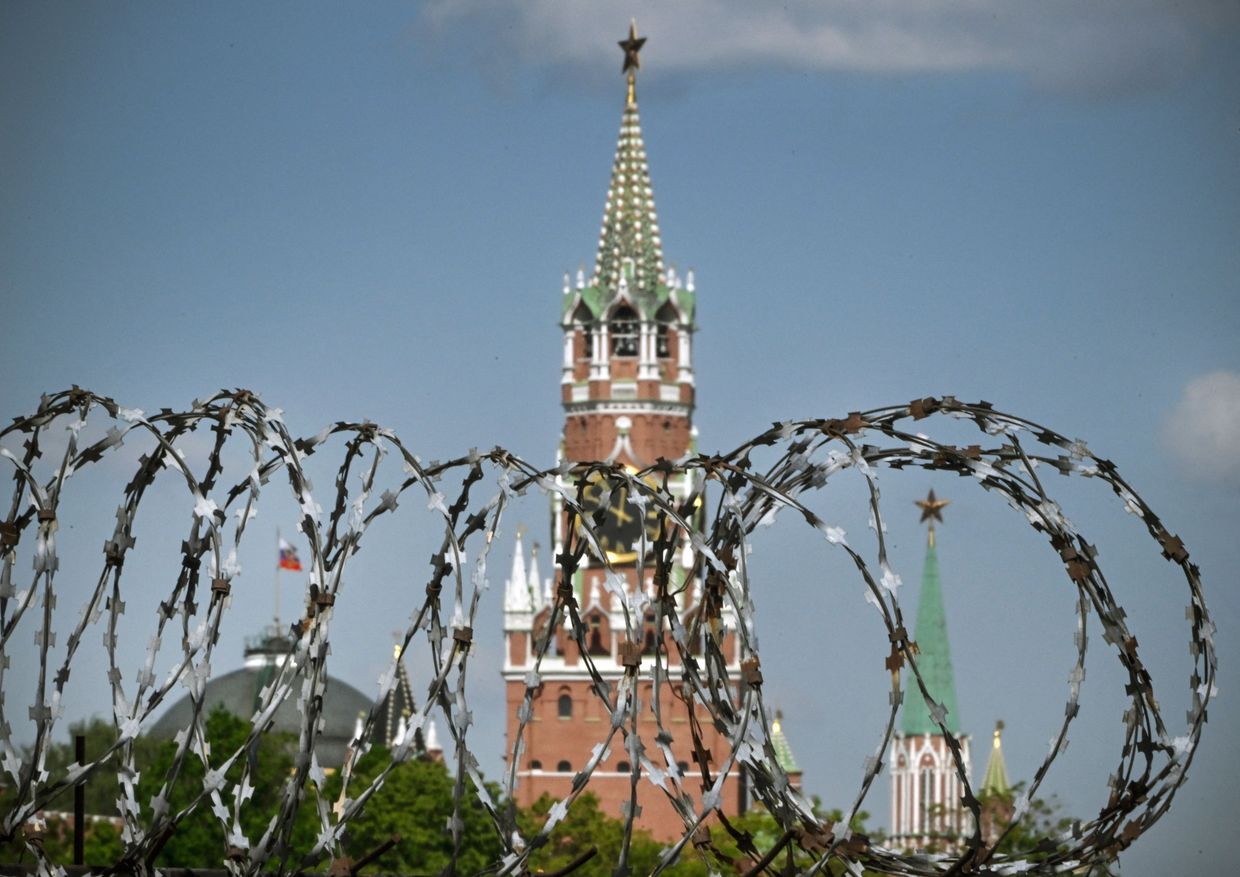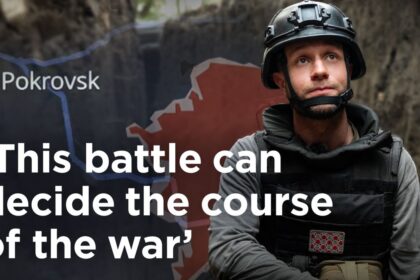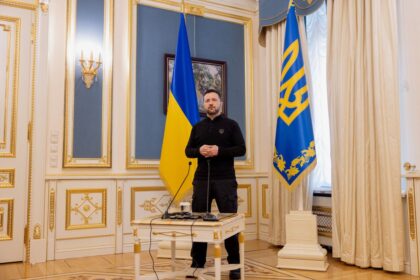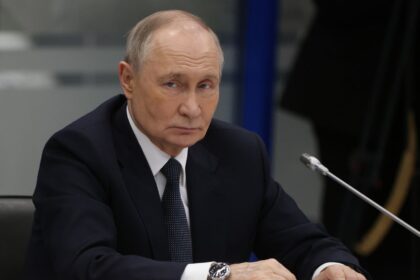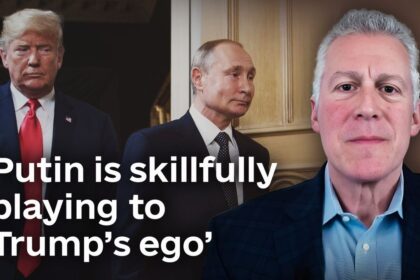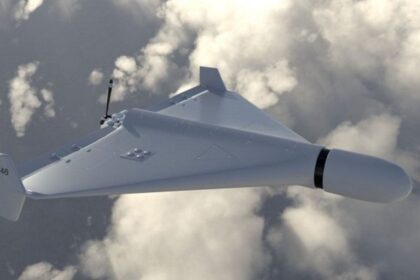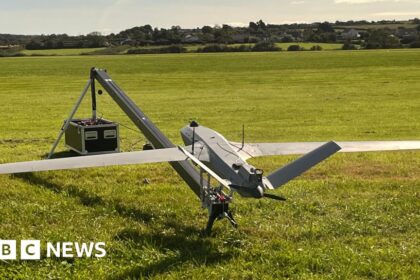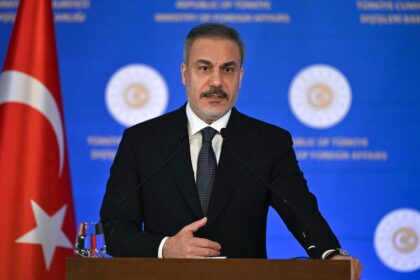**Russia’s Hybrid Threat Escalates: Dutch Intelligence Warns of Increased Attacks**
In a disturbing trend, Russia is intensifying its hybrid attacks on the Netherlands and other European countries. The Dutch military intelligence agency (MIVD) has sounded the alarm, citing an increase in Russian threats against Europe, particularly since the possible end of the war against Ukraine.
According to MIVD director Peter Reesink, Russian hackers have targeted a Dutch public service for the first time, attempting to take control of their digital operating system. The attack was thwarted, but this marks a worrying escalation of cyber warfare tactics by Russia.
In addition to these cyber threats, Dutch authorities report that Russian entities have been mapping infrastructure in the North Sea and engaging in acts of sabotage against critical assets such as internet cables, water supplies, and energy facilities. These actions are seen as part of a broader strategy to disrupt European societies and undermine trust in institutions.
**Russia’s Global Reach: India’s Crude Imports and Russia’s Growing Influence**
Meanwhile, India has seen a significant increase in crude oil imports from Russia, with shipments expected to reach 2.15 million barrels per day in April, the highest levels since May 2023. This development underscores Russia’s growing global influence and its ability to maintain trade relationships despite international sanctions.
**Ukraine Conflict: Zelensky Offers Ceasefire, Putin Remains Open**
In Ukraine, President Volodymyr Zelensky has extended an olive branch by offering a ceasefire, which Russian President Vladimir Putin has hinted at considering. However, it remains unclear whether Russia will commit to genuine negotiations or continue with its aggressive military campaign.
**Easter Truce: A PR Stunt or Genuine Gesture?**
France’s Foreign Minister Jean-Noël Barrot has dismissed the Easter truce announced by Putin as a public relations stunt aimed at avoiding international pressure and criticism. This perspective highlights the complexities of diplomacy in times of conflict, where even gestures of goodwill can be subject to interpretation.
**Global Ramifications: U.S. Credibility and Russia’s Hybrid Warfare**
The intensification of Russian hybrid attacks has implications for global credibility, particularly in the United States. Concerns about President Trump’s ability to maintain a strong international reputation are shared by roughly one-third of Republicans, reflecting the uncertainty surrounding America’s role on the world stage.
**Key Developments: Drones, Car Sales, and Humanitarian Efforts**
In Ukraine, Russian forces launched 54 drones against various targets overnight, resulting in significant casualties. Maxim Sokolov, CEO of Russia’s largest car manufacturer AvtoVaz, has announced a 33% year-on-year drop in Lada car sales for April.
The humanitarian situation remains dire, with the most critical energy shortages reported in cities like Kryvyi Rih, Mykolaiv, and Kherson. Japan’s Kyushu University Institute for Q-shu Pioneers of Space (iQPS) has pledged to provide Ukraine’s military intelligence agency with synthetic aperture radar imagery to aid in their efforts.
**Conclusion**
Russia’s escalating hybrid attacks on Europe and its ongoing conflict with Ukraine serve as a stark reminder of the complexities and challenges facing global leaders. As tensions rise, it is essential for nations to prioritize diplomacy, cooperation, and information-sharing to counter these threats effectively.
Read More @ kyivindependent.com




